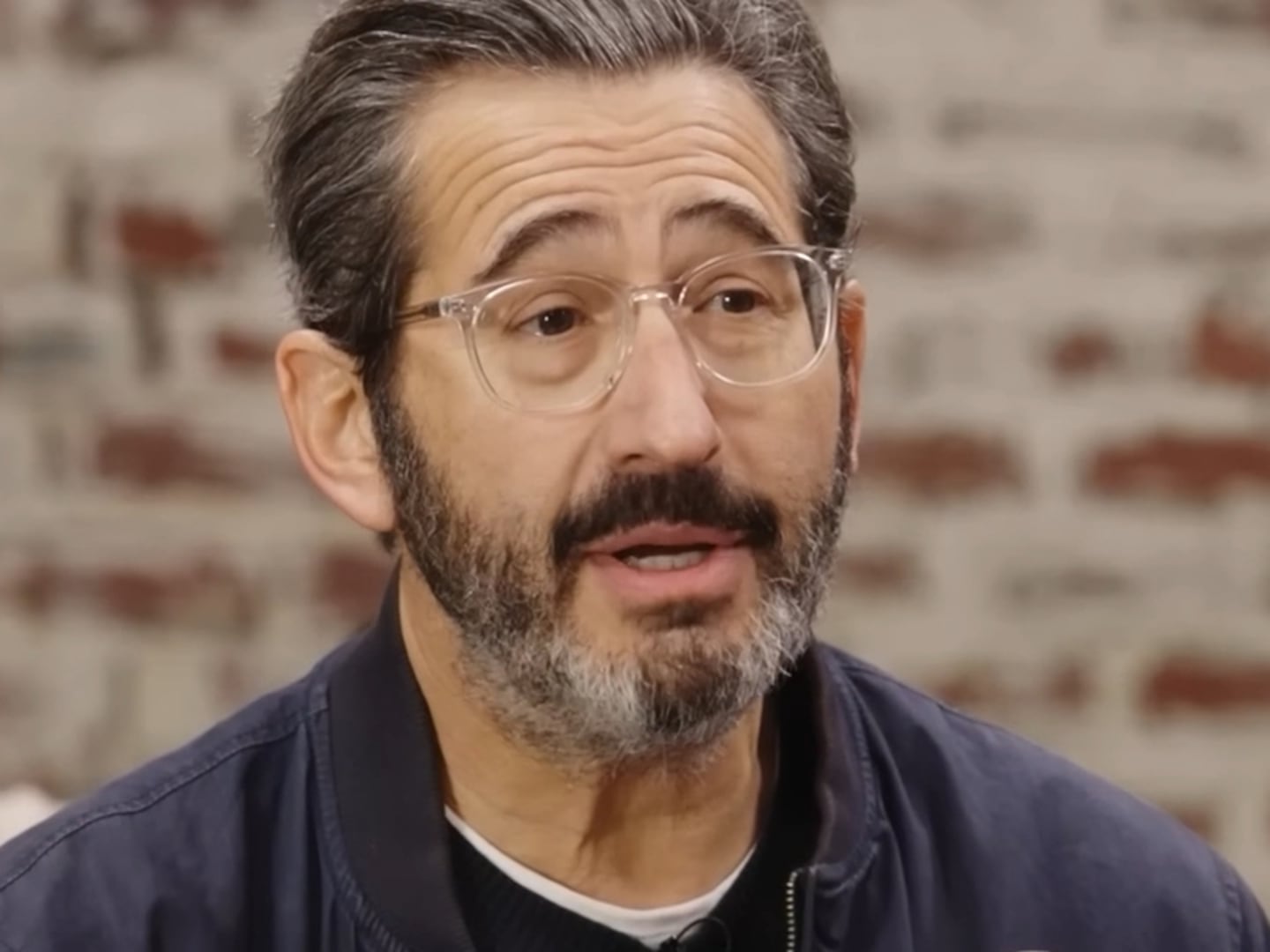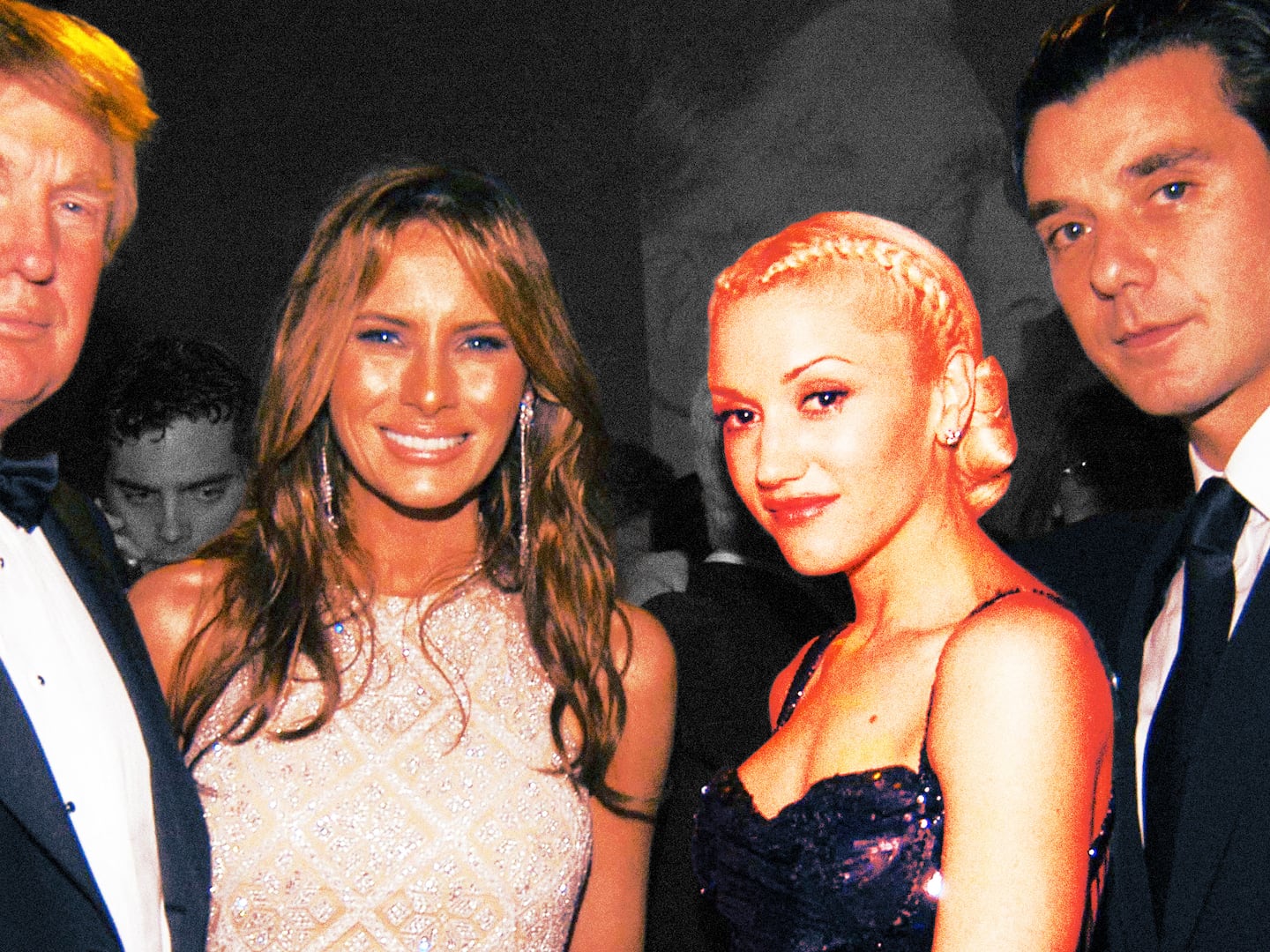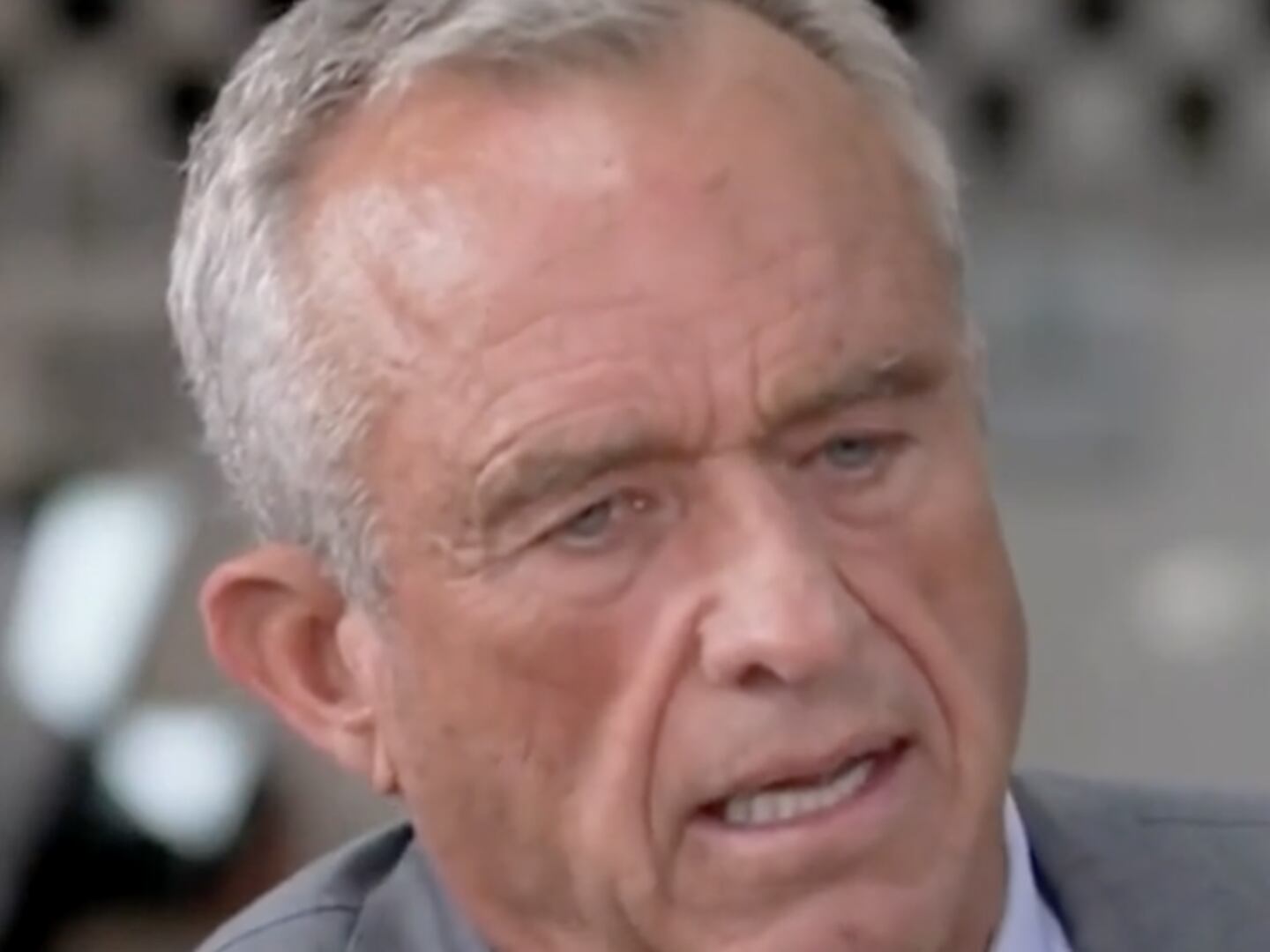Opinion
Photo Illustration by Luis G. Rendon/The Daily Beast/Getty
Trump’s ‘No Victims’ Fraud Defense Is an Insult to Taxpayers
SLAP IN THE FACE
It’s wrong to think that only big banks suffered—Trump cheated governments, and, by extension, taxpayers.
opinion

Trending Now




